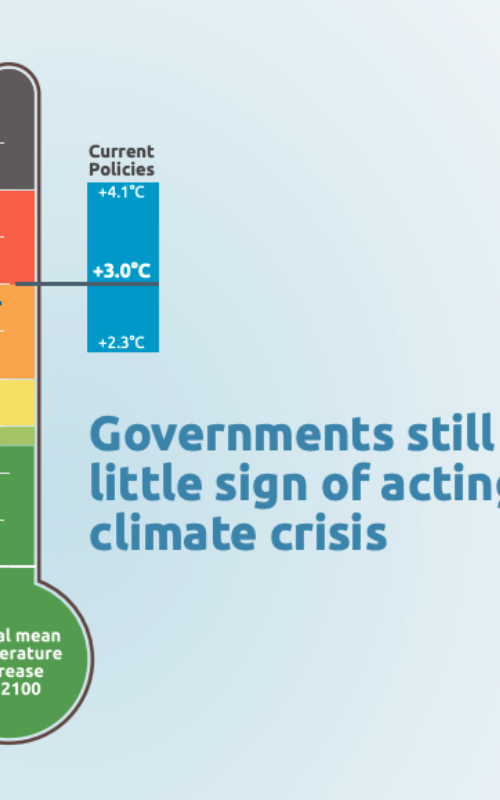Press releases
Media contacts:
press@climateanalytics.org
+49 1525 6124 061
Sign up to our media mailing list to receive our press releases and media alerts.

Madrid - 10 December 2019 - In the face of the growing climate emergency, governments seem determined to continue embracing fossil fuels, and even meeting their Paris Agreement pledges would see warming of 2.8˚C by the end of this century, according to the Climate Action Tracker’s 2019 annual update, released at COP25 in Madrid on Tuesday 10 December.

Without acting to reduce emissions, Western Australia is likely to use up its Paris-Agreement 1.5°C compatible carbon budget within 12 years, but rapidly reducing carbon pollution will unlock significant economic opportunities for the state according to a new report released today.

Ending its dependence on coal for electricity generation by 2030 is the single most important element of Australia’s domestic contribution to global efforts to limit warming to 1.5°C and prevent the worst of climate change, according to a Climate Analytics study released today.

The Production Gap Report – produced by leading research organisations, including Climate Analytics, and the UN – is the first assessment of the gap between Paris Agreement goals and countries’ planned production of coal, oil and gas.

When it comes to taking action on climate change, Australia is one of the worst in the G20, according to this year’s “Brown to Green Report 2019” on G20 climate action, released today by the Climate Transparency partnership, an international research collaboration.

Unless governments significantly scale up their emission reduction efforts, the 15 years’ worth of emissions released under their current Paris Agreement pledges alone would cause 20 cm of sea-level rise over the longer term, according to new research published today in the Proceedings of the National Academy of Science (PNAS)